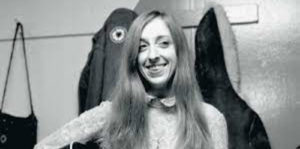
DOC NYC 2022 REVIEW! A forgotten major songwriting talent devoured by darkness finally gets illuminated in the ethereal documentary Lost Angel: The Genius of Judee Sill, written and directed by Andy Brown and Brian Lindstrom. Judee Sill wrote songs in the 1970s that other musicians were in awe of. She mixed folk with classical music influences in a way no one else had. She also had gospel themes in her lyrics, inspired by an unusual source.
Unfortunately, as a teenager, Sill became addicted to heroin, turning to sex work and armed robberies to support her habit. After being arrested, she became the organist in the chapel at the girls’ reformatory she was sentenced to. Sill was the first artist that David Geffen signed to his new Asylum record label. She recorded two albums, but they never broke commercially. She was dropped. Her third album never finished. Unable to land another recording contract, Sill was pulled out by a tide of hard drugs, going back to sex work and crime for the rest of the decade. By the time she died at 35 from a speedball overdose in 1979, both of her albums were out of print. Decades later, many performers worldwide are influenced by Judee Sill and love to sing her songs.
At this point, the architecture of the music documentary is well-established. We have interviews with people mixed with archival footage and songs. What is so immediately wonderful about Lost Angel: The Genius of Judee Sill is how gently orchestrated the execution of these elements is. Michael Ward’s flowing editing instills a sensation that washes over the viewer. Brown and Lindstrom wisely use prior interviews with Sill to introduce her to the audience using her own voice. The appearances by greats like Graham Nash and Jackson Browne retain the warm, casual tone of speaking about a respected colleague and cherished friend.
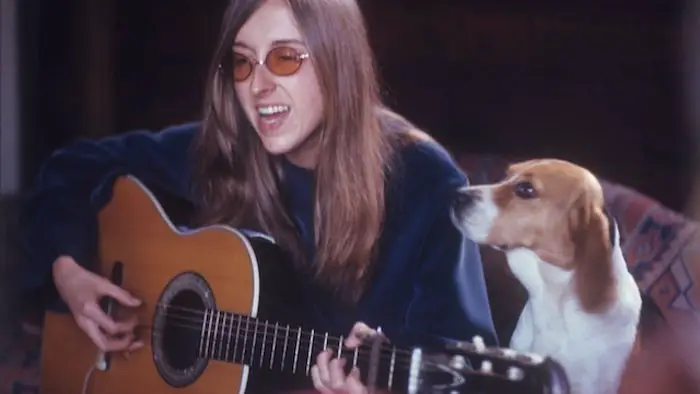
“Sill was the first artist that David Geffen signed…”
The amazing animation by Sam Niemann takes notebook drawings into a distinctly 70s realm of wonder. It draws me in the same way that era’s illustrations for shampoo and beauty marketing do; a hand-drawn bridge to a world of birds, flowers, and light. The ethereal feel of the documentary matches what Sill’s songs give musicians like Shawn Colvin, who I saw 20 years ago at Willie Nelson’s Picnic. Colvin speaks about the subject’s songwriting genius and unique gifts, with other musicians making similar praises.
The darkest parts of Sill’s life are presented without exploitation or judgment. Once again, Brown and Lindstrom let Sill explain these matters, using excerpts from her notebooks to illustrate how far a bottomless pit goes. The triumphs of her work remain highlighted above the horrible tragedy of her personal and professional life. Even scandals, such as when JD Souther left her for Linda Ronstadt, are tastefully explored in a way to show Sill’s emotional pain rather than digging for cheap thrill truffles in the muck. This way, Sill avoids being defined as another junkie musician remembered for their addiction rather than their work.
Sill deserves glorification for her talent, not the hard drugs she self-medicated with when that talent was ignored. This is another thing that makes Lost Angel: The Genius of Judee Sill one of the most advanced and important rock documentaries we have gotten yet. It is informative and inspiring, with Sill’s spirit summoned for all to see. It is a great piece of lost classic rock history that so many will relish. It’s the kind of film that buries itself in your ribcage and keeps glowing for days afterward.
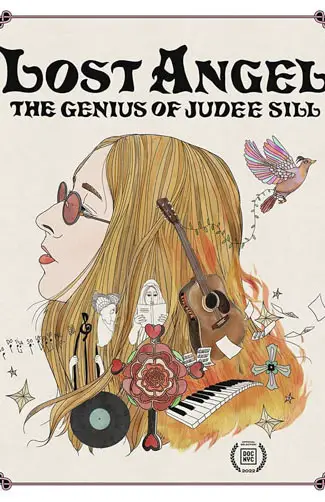
"…informative and inspiring..."
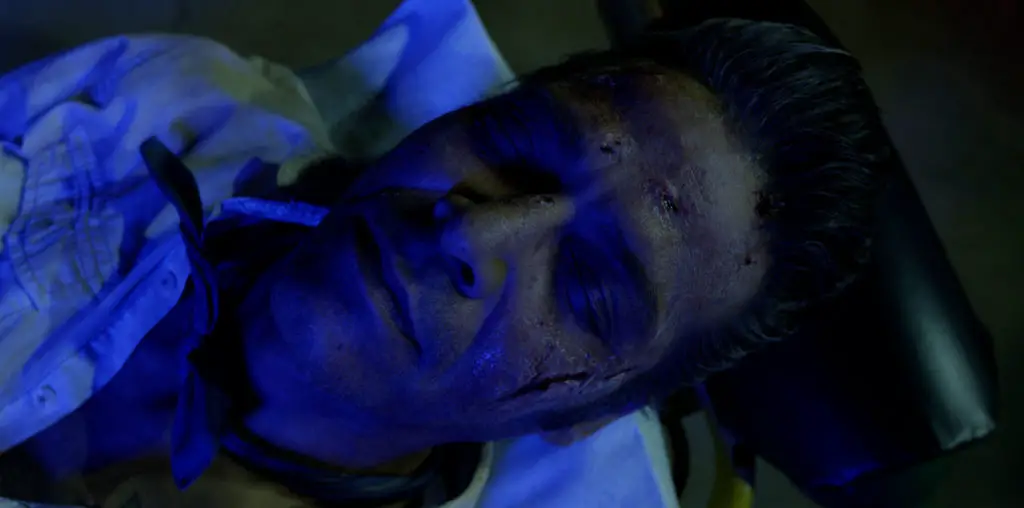
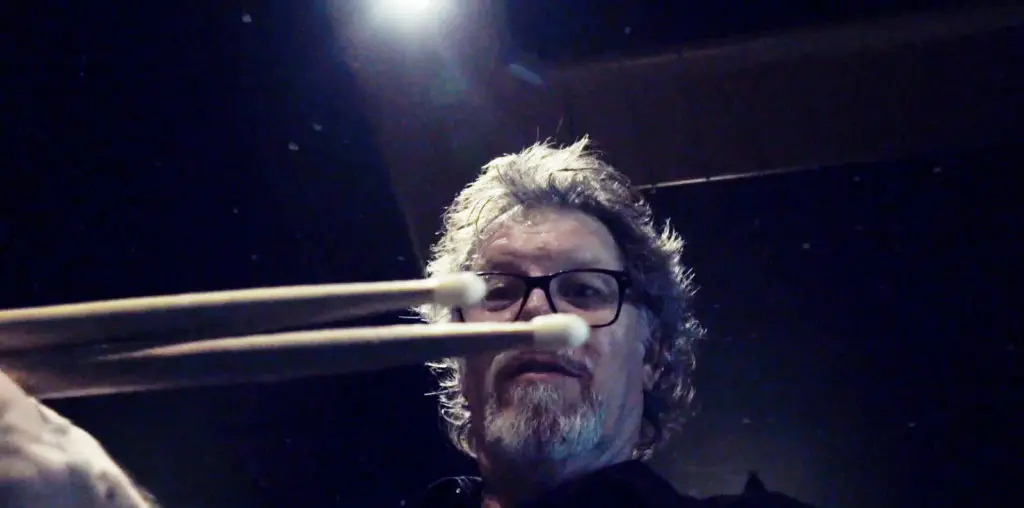
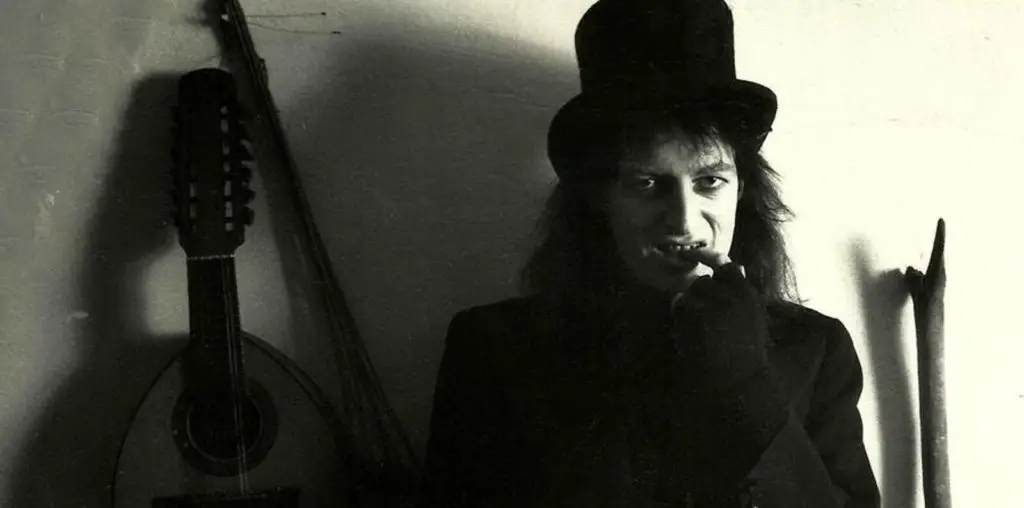
Great review. I just saw it last night, and I can’t stop thinking about both the movie and Judee Sill’s amazing talent. The movie is incredibly moving and uplifting, yet also so sad for such a talent lost so early. I wish everyone could see this movie.
I cannot wait to be introduced to Judee on a deeper Level. I’m truly excited about getting to know her.